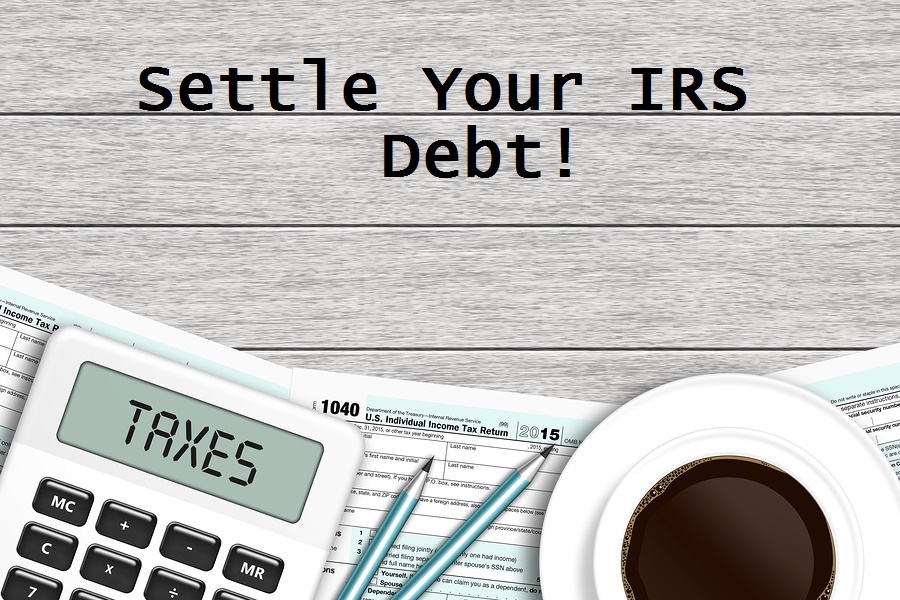 The deadline is coming up, you’ve done your tax return and you’ve got a balance due. Problem is: you don’t have the cash to pay. What can you do?
The deadline is coming up, you’ve done your tax return and you’ve got a balance due. Problem is: you don’t have the cash to pay. What can you do?
First, if you can’t pay the whole thing, pay as much as you can now. The more you pay towards your tax, the less you’ll have to pay in interest and penalties. Let’s say you owe $5000, you don’t have that much but you can scrape together $2000, mail in a check for the $2000. Then you’re only dealing with interest and penalties on $3000 instead of $5000. I find that paying something also helps you when you have to deal with the IRS. They open their file and see that you paid something towards your account, it gives you credibility.
In a few weeks, you’ll get a letter from the IRS telling you that you owe them money. When you get the letter, call the number on the letter and talk to the IRS. (Use your good respectful voice that your mother taught you, I’m very serious about that. If you curse at them or threaten them, it will go into your record. It makes it much harder for me to save you after you’ve done that.) When you talk to the IRS, these are going to be your options:
- You may qualify to take up to 120 additional days to pay with no extra fee. They will still charge interest. If it’s possible for you to come up with the cash within 4 months, this is your best option.
- If you know that you won’t be able to pay off the debt within 120 days, you can apply for an installment agreement. You pay a fee of $105 and set up a monthly payment schedule. Generally, they like to set up a plan that has you pay off the money within two years. You can make arrangements to pay the amount over 5 years. Using that $5000 figure, if you pay it over 5 years it would be 5000 divided by 60 months = $83.33. They will round it up to $85. The problem with that is the interest will continue to accrue each month. If you can pay it off faster, do so.
You can apply for an installment agreement yourself online. Go to the IRS website : http://www.irs.gov/individuals/article/0,,id=149373,00.html
What about those ads I see for about settling your tax debt for “pennies on the dollar?” Generally, those ads refer to something known as an offer in compromise. Generally, the IRS will not accept an offer if it believes that you are capable of paying your debt. For example, I once received a phone call from a fellow who said that he owed $20,000 in tax debt and he wanted me to prepare an offer in compromise for him. I started asking some questions and found out that he made $200,000 a year, had substantial cash assets, and plenty of equity in his home. I asked him why he didn’t just pay the tax, he told me “He didn’t want to.” You have to be a good candidate for an offer in compromise before any reputable firm will make one for you. That fellow would never qualify for an offer in compromise, the best he’d get is a monthly payment agreement and he could do that himself for free.
If you are truly in a situation where you cannot pay your tax debt, please get professional assistance. Even if you don’t qualify for an offer in compromise, you may qualify for a reduced payment schedule until your situation improves. Be sure to ask your accountant, “Do you handle debt resolution issues?” Your corner tax store preparer is not trained to prepare the forms for an offer in compromise, and many CPAs don’t want to handle those issues. Look for the phrase “debt resolution” when hiring this type of assistance. Roberg Tax Solutions does debt resolution. (Just thought I should make that point!)


 The deadline is coming up, you’ve done your tax return and you’ve got a balance due. Problem is: you don’t have the cash to pay. What can you do?
The deadline is coming up, you’ve done your tax return and you’ve got a balance due. Problem is: you don’t have the cash to pay. What can you do?